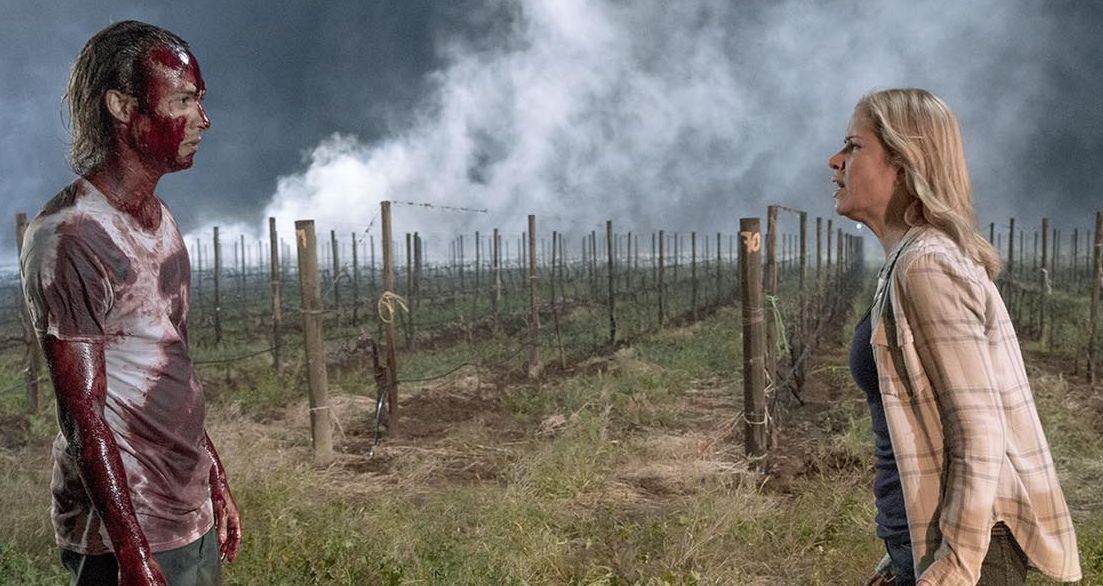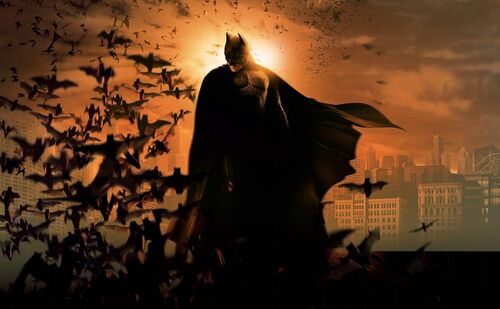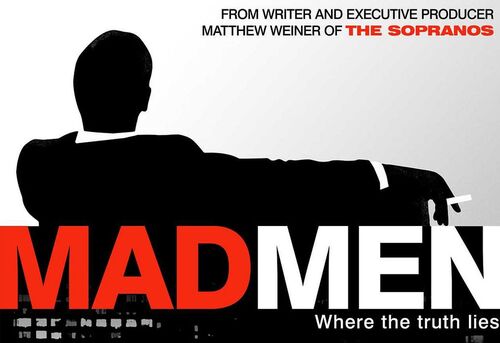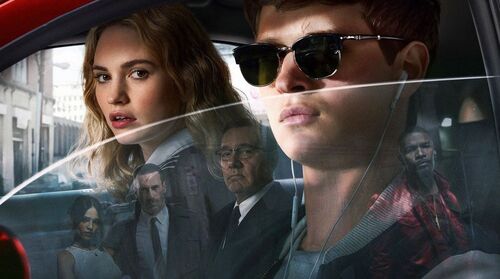
Fear the Walking Dead Season 2 Mid-Season Finale Review
If Celia knew what exactly Nick and co. are, that makes one of us. Fear the Walking Dead's failure to layer and deepen its characters to the point that we can understand them is kind of tragic, because it so desperately wants them to mean something to us.
Some interesting developments come from episode 7 of the show's second season, launching us into its hiatus and making its August return seem pretty far away to say the least. With a makeover that puts The Walking Dead to shame, though leaving death and destruction in its wake much in the same way, we reach the mid-season with the group broken and reeling from loss. The brokenness, I can get behind. The loss, however, feels remarkably insubstantial given the circumstances.
Kim Dickens as Madison might be the only character, save for Strand, that makes any kind of sense at this point. And while that's proven to be a hindrance to her very character this season, with an incessant need to coddle Nick (thereby holding that character back from fulfilling some serious potential), in the finale it was somewhat of a coming of age in the apocalypse. Her devotion to her son leads to some pretty drastic actions, which makes the moments to follow all the more ironic, near-poetic, for the mother whose at this point in time lost nearly her entire family (albeit not to death).
Frank Dillane has been given some intriguing material this season so far, and Nick is gorging on this new world like an addiction at this point. While the character is fascinating, the past two episodes he's suffered from a breakneck need on the writer's part to get to a certain milestone. He fell into Celia's lap without hesitation, and given how quickly the character has seemingly taken to the new world, it feels a little loosely handled. It's as though this first half of the season wanted to do so much with so little time, overall. Indeed, the group's time at the villa may have needed a little more than two episodes, because the stakes never felt high enough to warrant the results. Hence, the results feel lackluster.
Which is a shame, because there are some gorgeous visuals to come of all the wanton destruction. There's horses in the fog, and we get a hypnotic shot of the flames as they burst to life. That particular act is Daniel Salazar's swansong, and while Ruben Blades gives probably his best performance in the series so far (given that he's been given so few other facial expressions to exhibit to this point), the character took a seriously fast nose-dive into insanity. A switch flicked inside the character's head some time in the last episode, and in this one we see him completely lost in his own warped mind. His deceased wife returns to him, though that in itself is less of a statement given how little she mattered back in season 1. We do, however, get some brief backstory to show us just what we're missing out on, should Daniel's history be wiped as definitively as his present existence seems to have been.
There was a fascinating contrast that could have been had between his captivity to Celia, mirroring his season 1 torturing of his daughter's love interest. But it isn't capitalised on. It's the story of the season, in many ways. Often, the show presses toward some captivating content, but it falls back onto safe shores. Those shores often involved one dimensional characters speaking dramatic but empty lines of generic dialogue. Episode 5 is the biggest offender in that regard, and the pirates felt as though they'd been pulled straight from the post-apocalyptic rival-group handbook. There's none of that to be found here, if only because there was no time for it.
There was, however, time for a subplot to come of Chris Manawa's bizarre actions from previous episodes. In contrast to Daniel's sudden decline, Chris' descent into post-apocalyptic madness has been season-long, but it hasn't ever felt like it's had enough weight behind it. Perhaps it's on the shoulders of Lorenzo James Henrie that it has failed, though it feels more likely that it stems from the lack of sense we can make of the character. Down to his very core, it's more cringe-worthy than creepy to watch him make threats and utter lines of self-pity. While it's hard to get behind the character himself, and it would at this point be easier to see him perish, his somewhat exile from the remainder of the group, with only his good-natured father for company, is an interesting deviation from the tried and true formula that this and The Walking Dead have so far followed.
Travis has been a mixed back of a character this season, and indeed in the entire series to date. His will to do right by everybody contradicts his utter ignorance that surfaces at the worst of times. His light-bulb moment in this episode is satisfying to say the least. We get a glimpse of the intelligence that can make him an asset in this new world, with instincts that he needs to learn to trust sooner rather than later, and we'll be getting a story arc that is well overdue. Perhaps his influence can right the course of Chris' characterisation, or at least make it more tolerable. Speaking of the younger cast members, hopefully Ophelia (Mercedes Mason) can get some kind of relevant screen time now that she's officially in the same boat as Strand, in that they've both lost everything. Additionally, Alycia Debnam Carey has had little to do recently.
While the frantic pace of the episode may well satisfy some, this felt like a visual flex and not a whole lot more. A lot of the season's budget seems to have gone toward this one locale, and the subsequent destruction of it, but I can't help but want to move past it right away and see some aftermath. For despite the underwhelming character work done so far in the series, it isn't for a lack of trying. And there's some serious potential there.
If the series is attempting to make its mark as a bold drama willing to give itself a genuine facelift when the time demands it, then hopefully this can prove it. It's hard to predict where things are going to go from here, and that's the best way for it to be in a series of this kind. Unlike the number of adaptations out there today, there's no road map being followed. The series is open to many new paths. But those paths don't mean a thing if the series can't get a solid hold of its cast.
Fear has, from the start, suffered from over-indulging in a wide and diverse cast. It bit off more than it could chew. The Walking Dead, conversely, introduced its characters sparingly. For better or worse, Fear is an ensemble series. At this point, it's an ensemble that misses the mark far too frequently. And it's about time for a course-correct.



